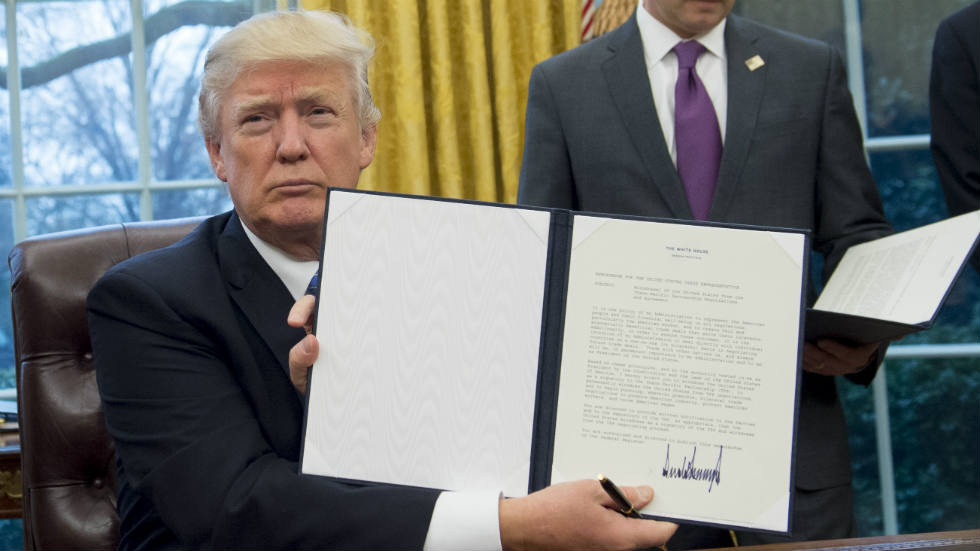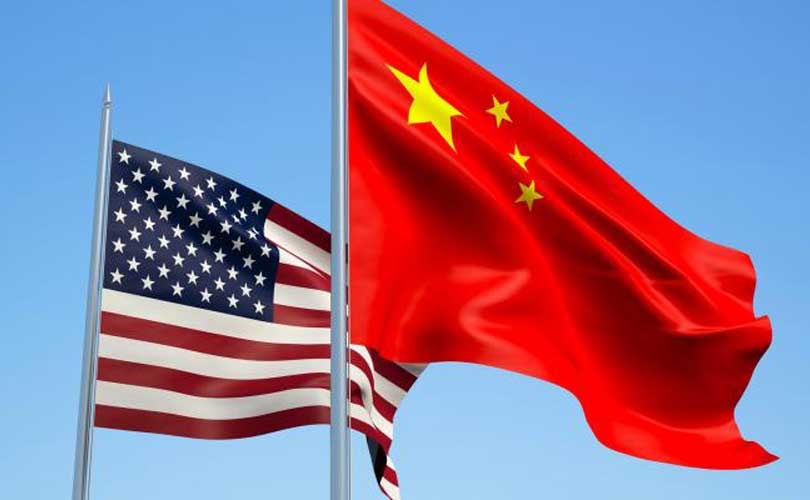Congressional Hearing on Terrorism Finance Probes Bank Secrecy Act Data Processing Effectiveness, Lack of Beneficial Ownership Transparency, and Potential BSA and Patriot Act Amendments
On April 27, 2017, Hdeel Abdelhady attended a Congressional hearing on “Safeguarding the Financial System from Terrorist Financing,” held by the House Committee on Financial Services’ Subcommittee on Terrorism and Illicit Financing (the “Subcommittee”). The sole witness was Mr. Jamal El-Hindi, Acting Director of the Financial Crimes Enforcement Network (FinCEN), a bureau of the U.S. Department of the Treasury charged with protecting the financial system from money laundering, terrorism financing and other illicit activities.
The hearing’s purposes were to examine the methods and efficacy of FinCEN data collection, processing and information sharing and whether the Bank Secrecy Act (BSA) and USA PATRIOT Act should be amended to improve FinCEN’s anti-money laundering (AML) and counter-terrorism financing (CFT) capacities and performance.
In this brief MassPoint update, Hdeel highlights BSA data collection and usage numbers and some of the questions and issues that appeared to be of particular interest and/or concern to Congress members in attendance, taking into account the nature and frequency of the questions asked, the tone of questions, and related requests for additional or clarifying information from FinCEN.
Read the Update here.
Listen to the program on Critical Minerals, National Security, & Supply Chains featuring MassPoint's Hdeel Abdelhady, Dr. Roderick Eggert. and Jared Wessel. The program was hosted by the American Bar Association and developed and co-sponsored by MassPoint PLLC.
Now that the Trump Administration has declared a policy to reduce dependency on foreign sources for critical minerals, how will the Administration go about achieving its stated objective? What legal consequences—including in the areas of national security, trade, anti-corruption, and environmental law—might flow? Our multi-disciplinary panel will discuss the science and practical importance of “critical minerals,” recent and potential U.S. legal and policy developments, and the potential impacts of U.S. actions on minerals on manufacturing, supply chains, and the markets.
What Lies Beneath: Critical Minerals, National Security & Supply Chains A Program Developed and Co-Sponsored by MassPoint Legal and Strategy PLLC and Hosted by the American Bar Association January 16, 2019 2:00 p.m. – 3:30 p.m. Eastern Time View Full Program…
The Trump Administration's newly released Africa Strategy is likely to bring greater anti-corruption enforcement, particularly against Chinese state-owned and private firms, as well as against African officials, and African and third country private parties. Extractives industries, particularly involving nonfuel minerals like cobalt, are likely to be of particular interest.
If there remain doubts that the U.S.-China trade war and technology war present real risks for U.S. colleges and universities, a recent report that a U.S. university has secured insurance against the risk of material reductions in Chinese student enrollment should put those doubts to bed. The risks are so real that they are insurable.
The Department of Justice (DOJ) recently launched an initiative to “Combat Chinese Economic Espionage.” Announced on November 1, 2018 by former Attorney General Jeff Sessions, the China Initiative acts on the Trump Administration’s previous findings “concerning China’s practices” and “reflects the Department’s strategic priority of countering Chinese national security threats and reinforces the President’s overall national security strategy.” The China Initiative presents emerging issues for academia, the technology industry, and the private sector broadly.
MassPoint's Principal, Hdeel Abdelhady, presented on Rule of Law in the Exploration and Use of Outer Space at the annual Galloway Symposium on Critical Issues in Space Law. Ms. Abdelhady, along with her co-panelists, engaged in a comparative law discussion.
Fundamental research is excluded from export controls jurisdiction. But given growing concerns about alleged Chinese "academic espionage" at American universities and transfers to China of U.S. scientific and technological information and know-how, including through Chinese students, researchers, and others in fundamental and research pipelines, this excerpt is re-posted separately as foreign (particularly Chinese) access to and participation in U.S. fundamental research may be curbed by non-export controls means.
The Department of Commerce, Bureau of Industry and Security, has begun the process of identifying "emerging technologies" that are essential to national security and, consequently, require export control. New export controls on emerging technologies could be burdensome, depending on the content of regulations and the manner of their enforcement. If the new regulatory regime is burdensome to the point that it prohibits (legally or practically) some emerging technology transfers to foreign parties, companies and others involved in emerging technologies-- particularly their development--may seek arrangements, without evading or otherwise violating ECRA or applicable regulations, to ease collaborations and other engagement with foreign parties, including by some form of technology inversion.
The Department of Commerce, Bureau of Industry and Security on Nov. 19 published an Advance Notice of Proposed Rulemaking (ANPRM) on the “Review of Controls for Certain Emerging Technologies.” The ANPRM implements the Export Control Reform Act of 2018 and raises diverse legal, regulatory, policy, and commercial issues that cut across sectors and industries. Commerce seeks to advance national security goals without harming the United States’ capacity to lead in science, technology, engineering, and manufacturing. This Regulatory Update provides analysis of the ANPRM, the relevant legal framework, and considerations for commentators.










